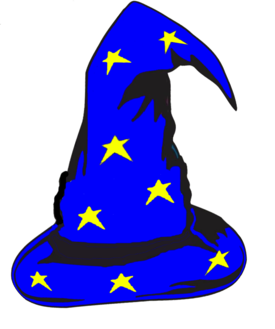Description
Paper Work is a forty-page booklet that’s usually sold in live lectures but now also available for purchase online. Inside this booklet, you will find three detailed routines as well as a two-digit number utility force.
Contents:
3-D Telepathy – Three spectators each write down information on a billet. The billets are folded and mixed. A spectator randomly chooses one of them, and the other two are torn into small pieces (one is torn by the performer, the other by a spectator). The performer correctly reveals the information on the chosen billet. When the other spectators ask, What about what we wrote?, he then divines the information on the other two billets, as well.
Double Digits Force – This was inspired by Chan Canasta’s psychological riffle force. This is not a card force, but a method that will enable you to force two one-digit numbers. It is a handy tool that you can utilize in various ways. You can use it for tricks like ACAAN, Book Tests, a Magic Square, or any routine that requires a force of a two-digit number.
Noah – In my version of Marlo’s famous “A Matching Routine” a spectator cuts to a random card in the deck, and another spectator, coincidently, selects the mate of that card (the same value and color). The effect is repeated. Then, three randomly chosen cards are turned face up in the face-down deck, and the deck is shuffled; amazingly, each of the three selections lands right next to its respective mate. In the last phase—after the cards have been shuffled many times during the previous phases—every card in the deck ends up paired next to its mate. This trick is suitable for a formal close-up show and requires a full-deck setup. However, I will also share with you a trick that you can perform immediately prior to this routine, during which you can secretly set up the entire deck for this routine.
Gang of Four – This is my take on one of Dani DaOrtiz’s mighty tricks, “Twin Souls” from the DVD Que Raro, which Dani made with Christian Engblom. The performer ribbon spreads a deck of cards face down on the table and then, from one end of the spread, he turns one card at a time face up, one on top of the other. He asks a spectator to call out, ‘Stop’ at any point. Let’s assume the stopped-at card is the Ten of Spades. The performer places that card face up onto the top card of the spread, and the rest of the dealt cards face down on top of the Ten of Spades. Right now the only card facing up in the spread is the Ten of Spades. After squaring and respreading the cards, mystically, all four Tens are all face up.





